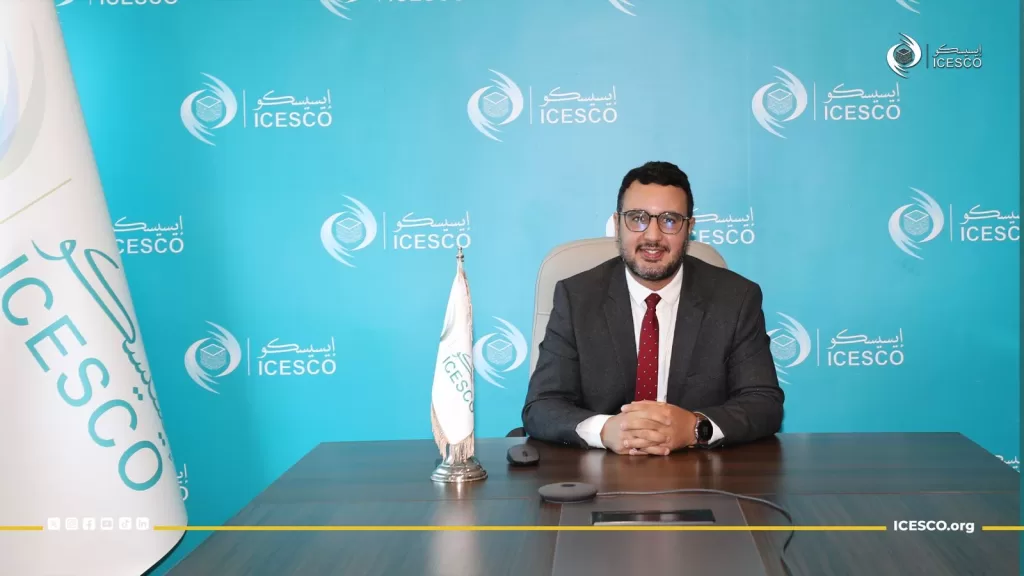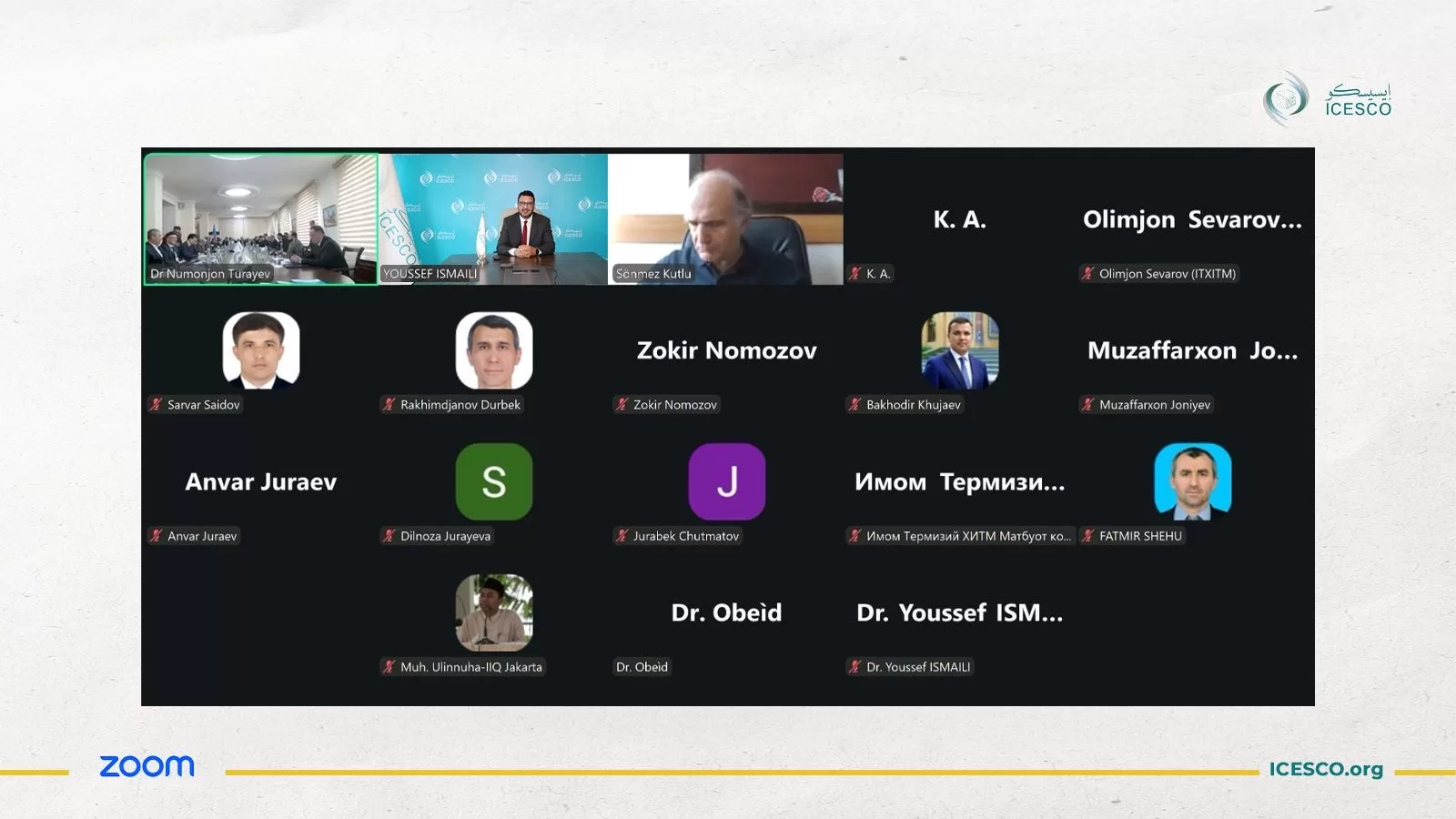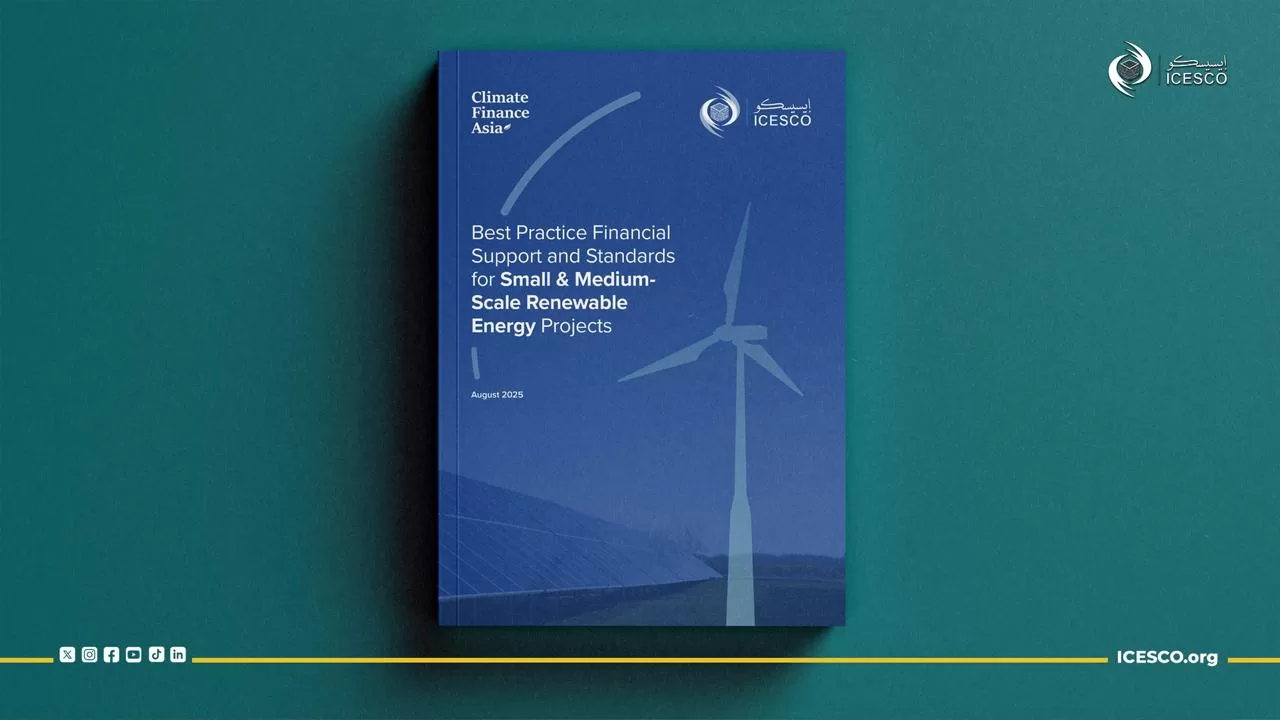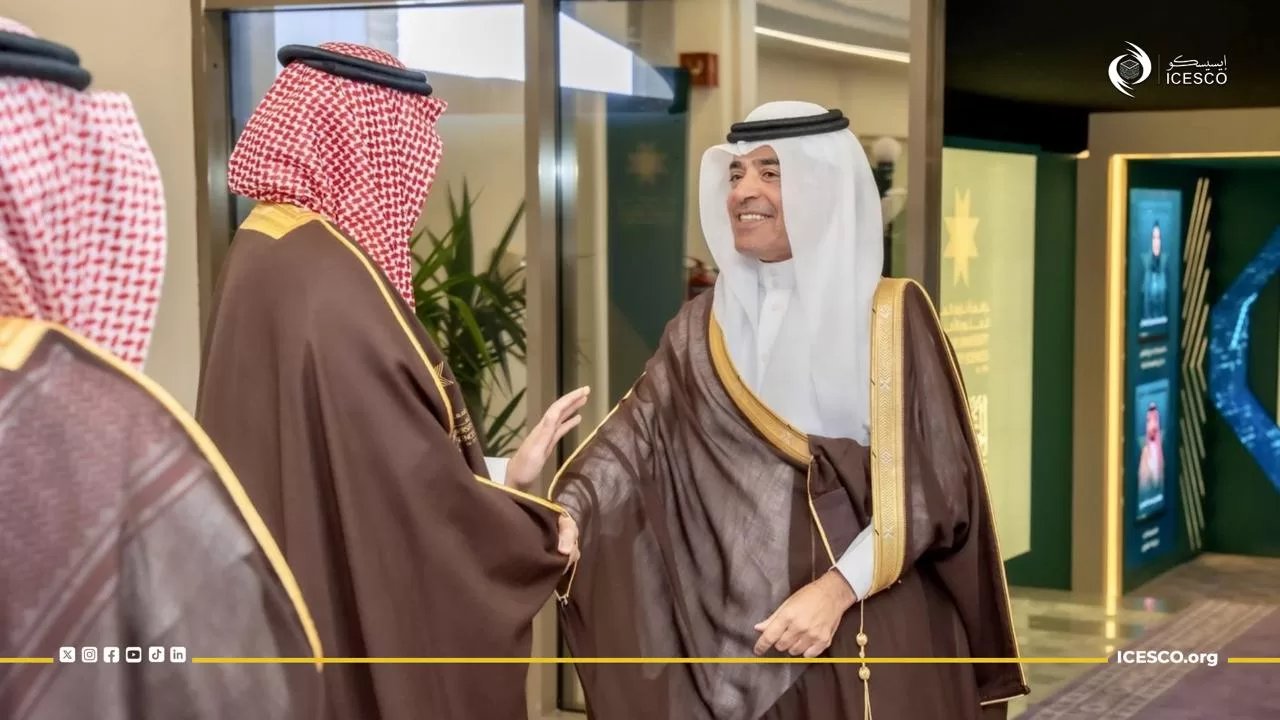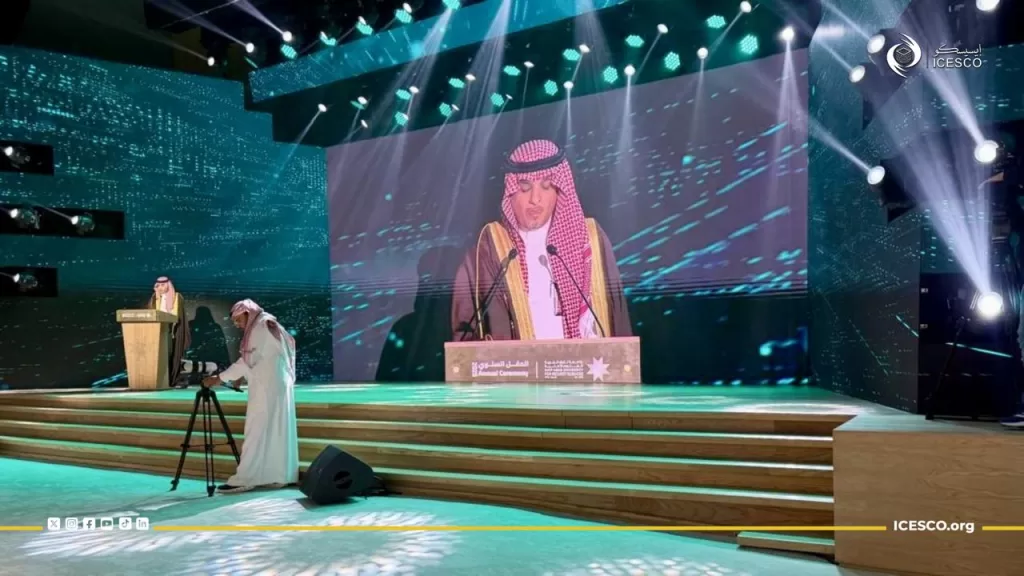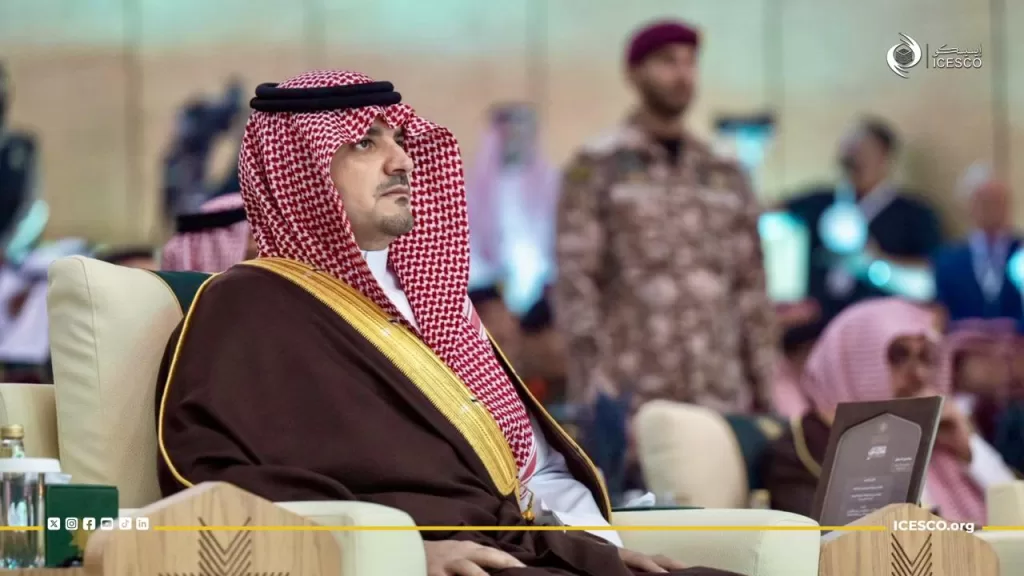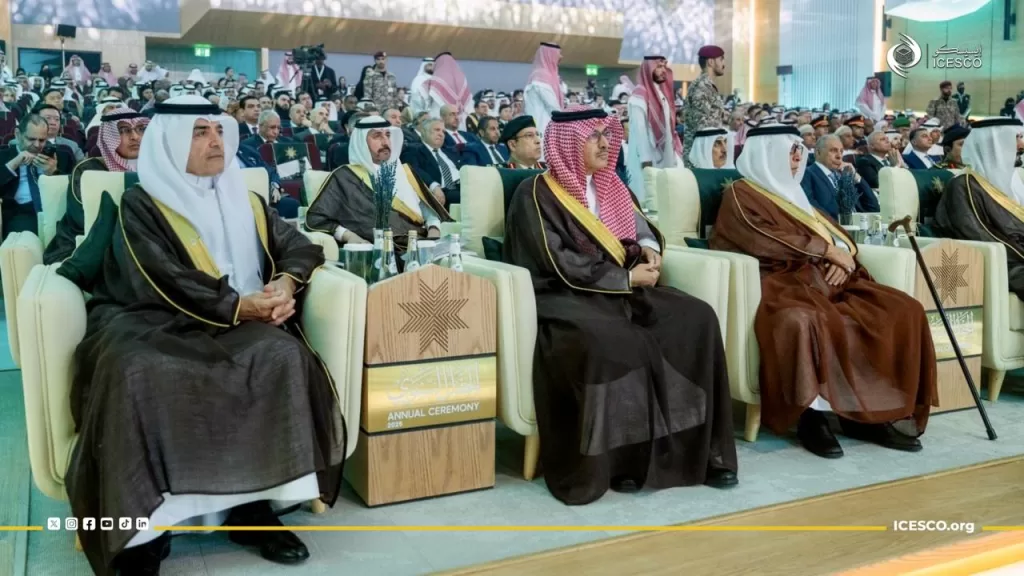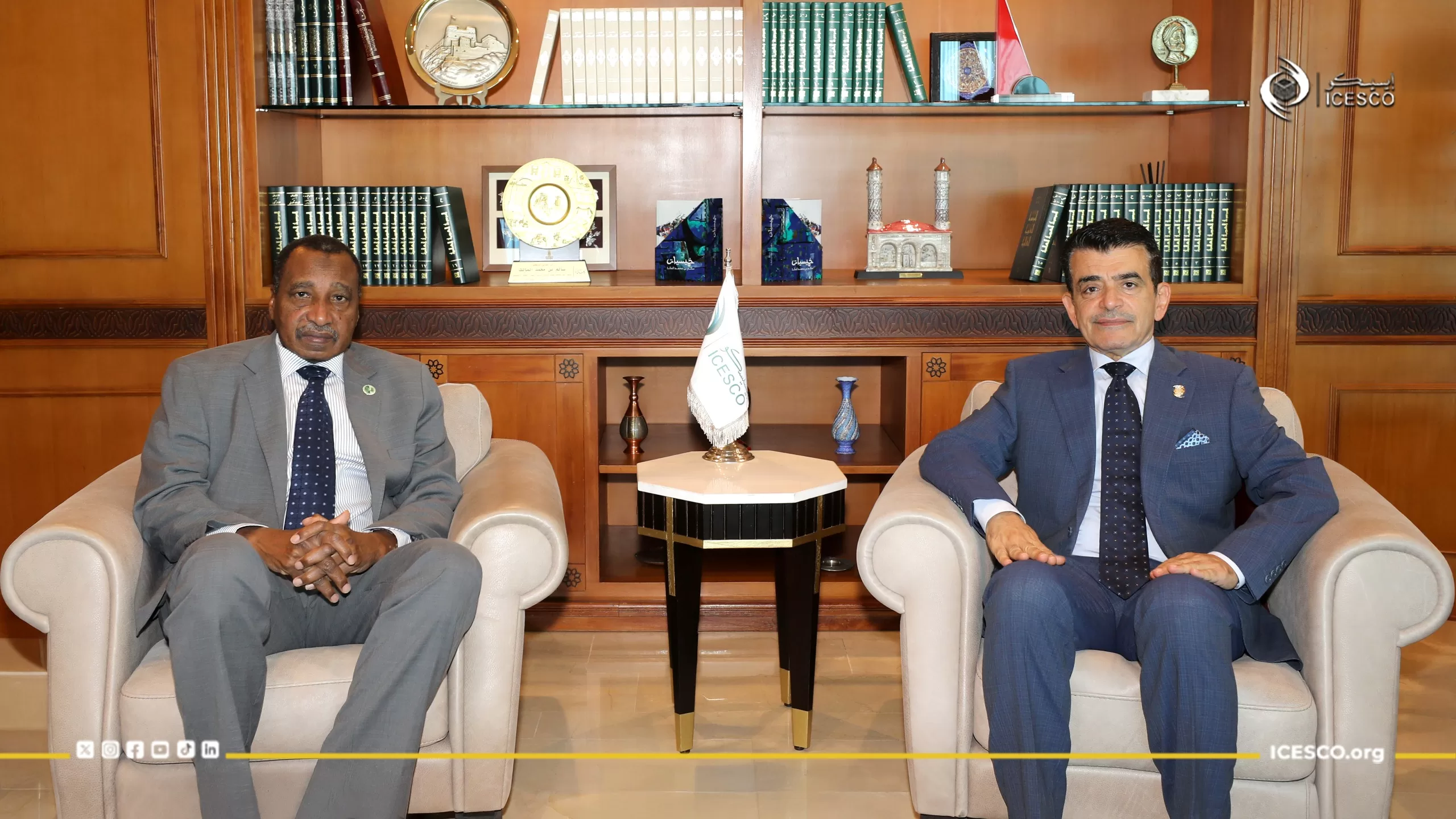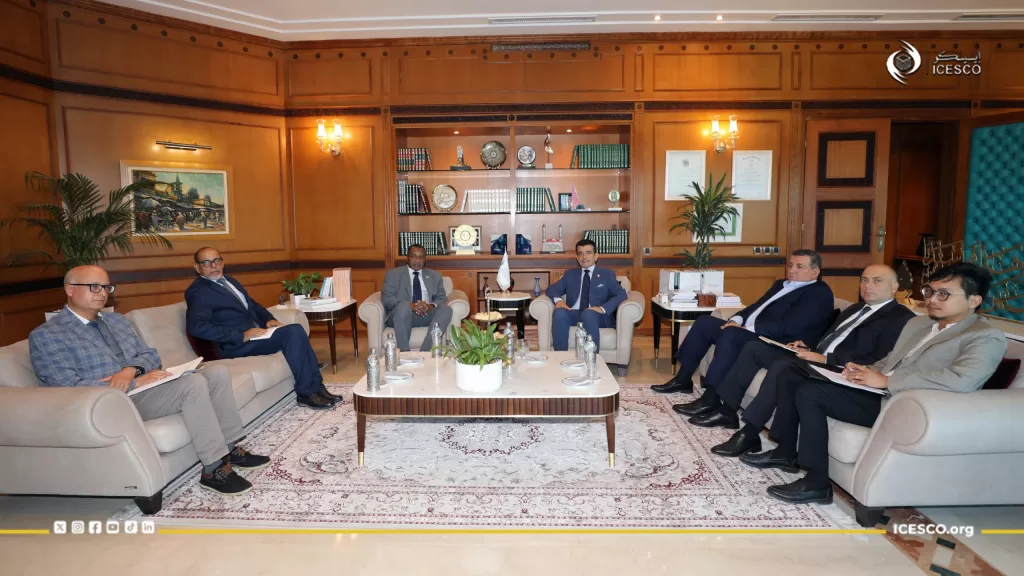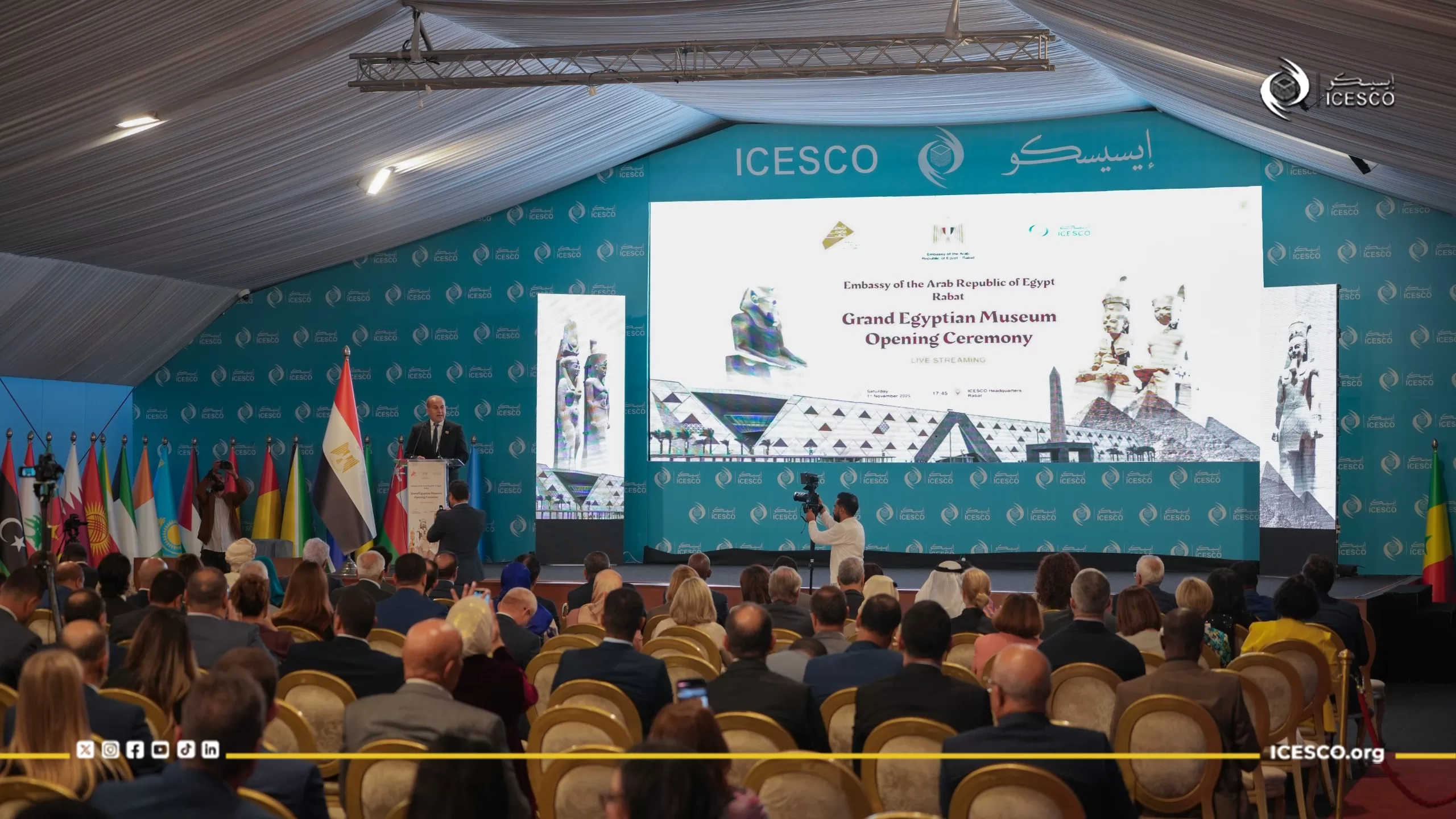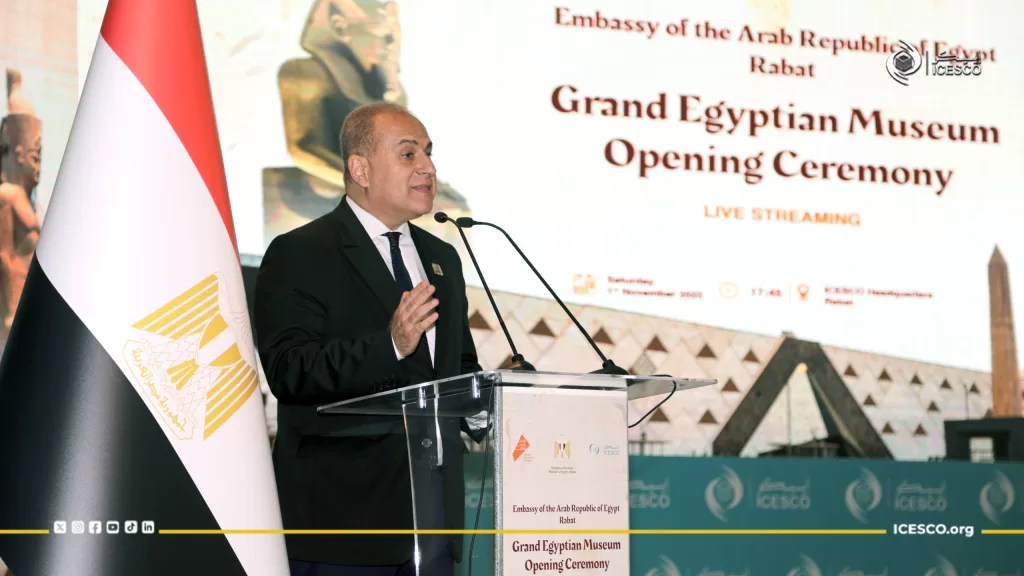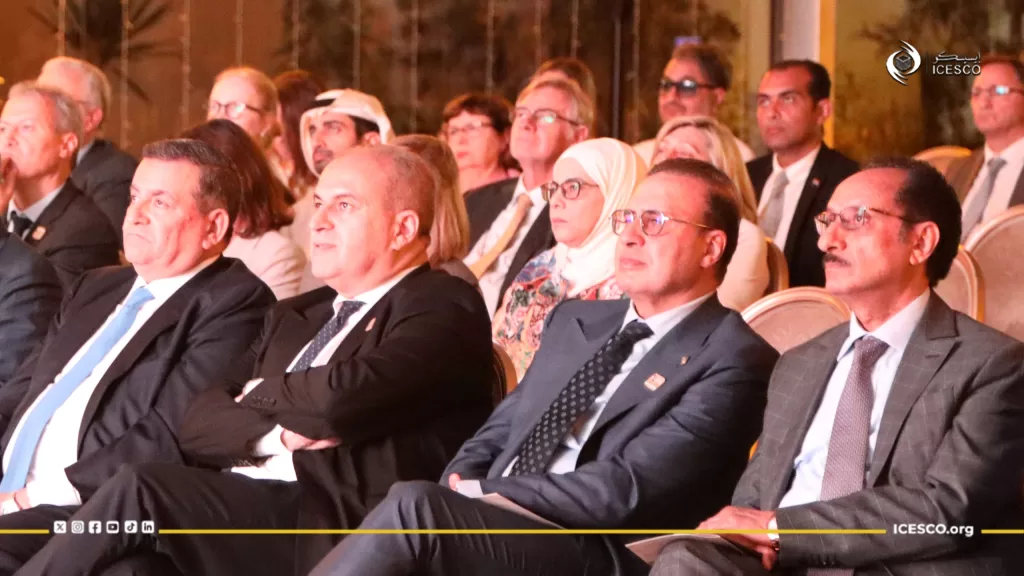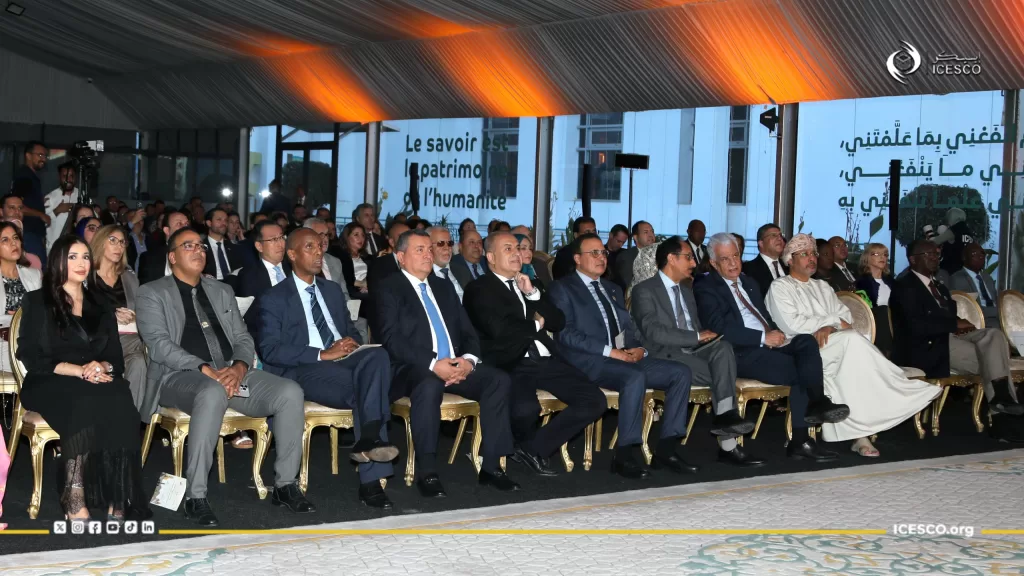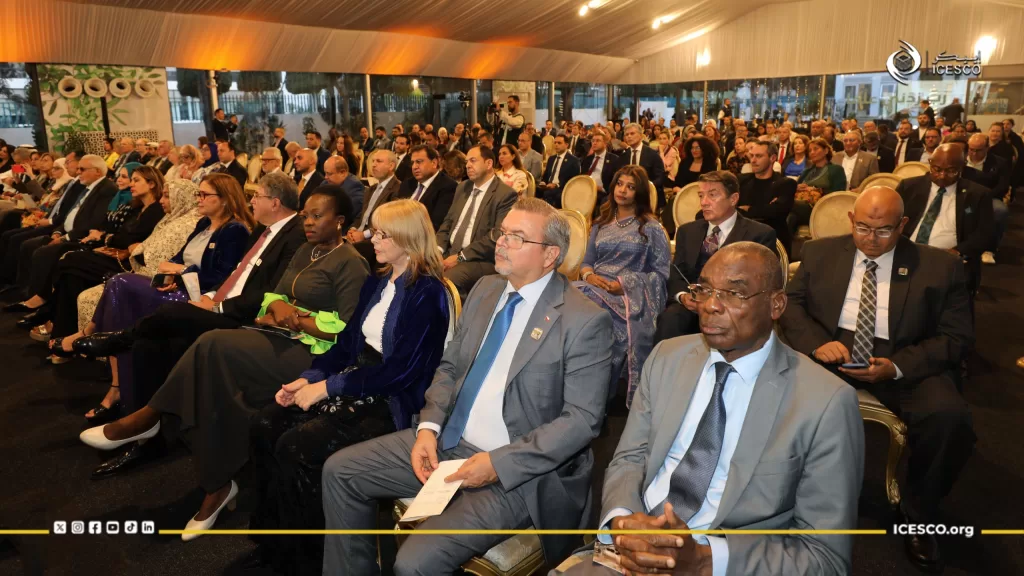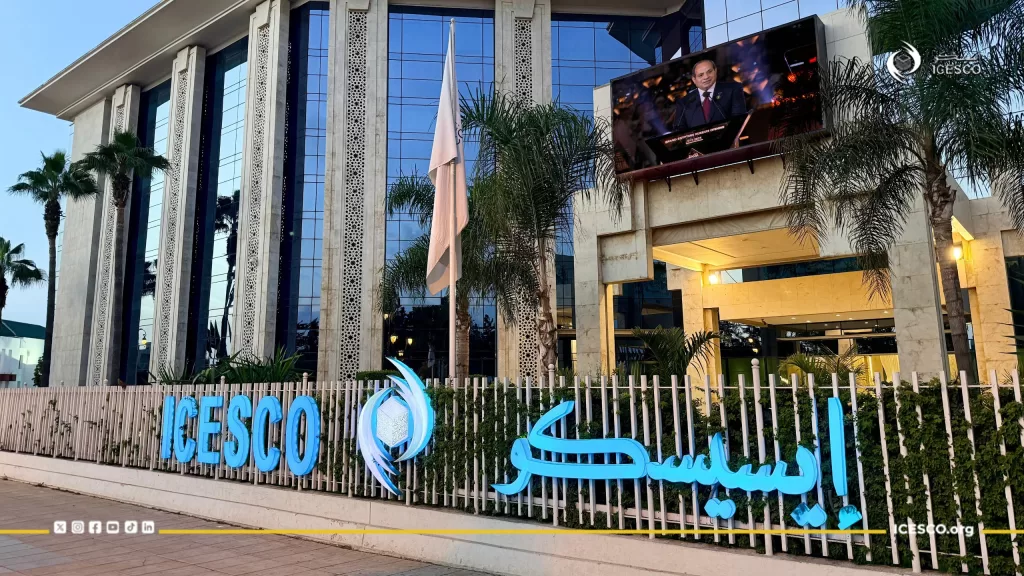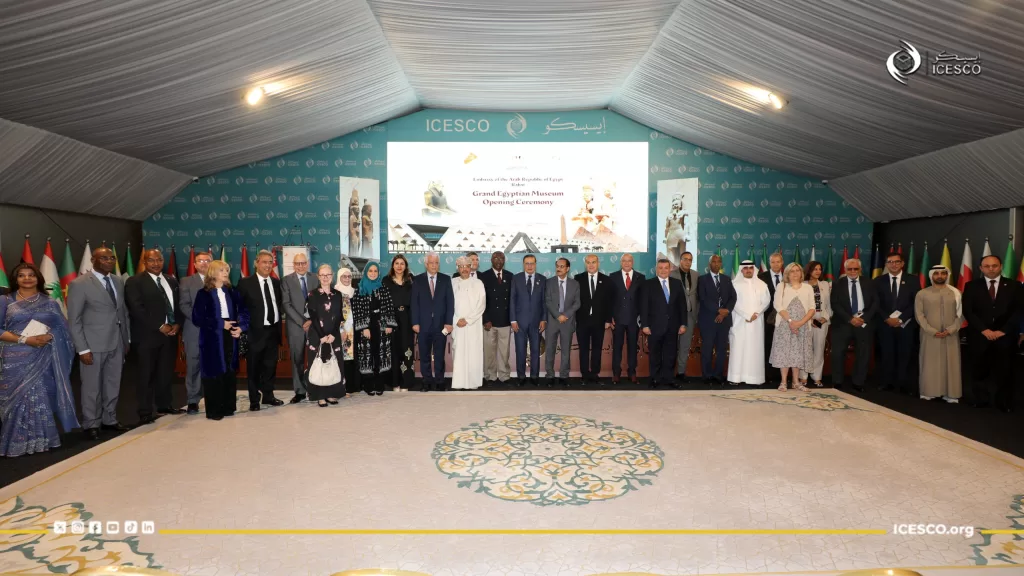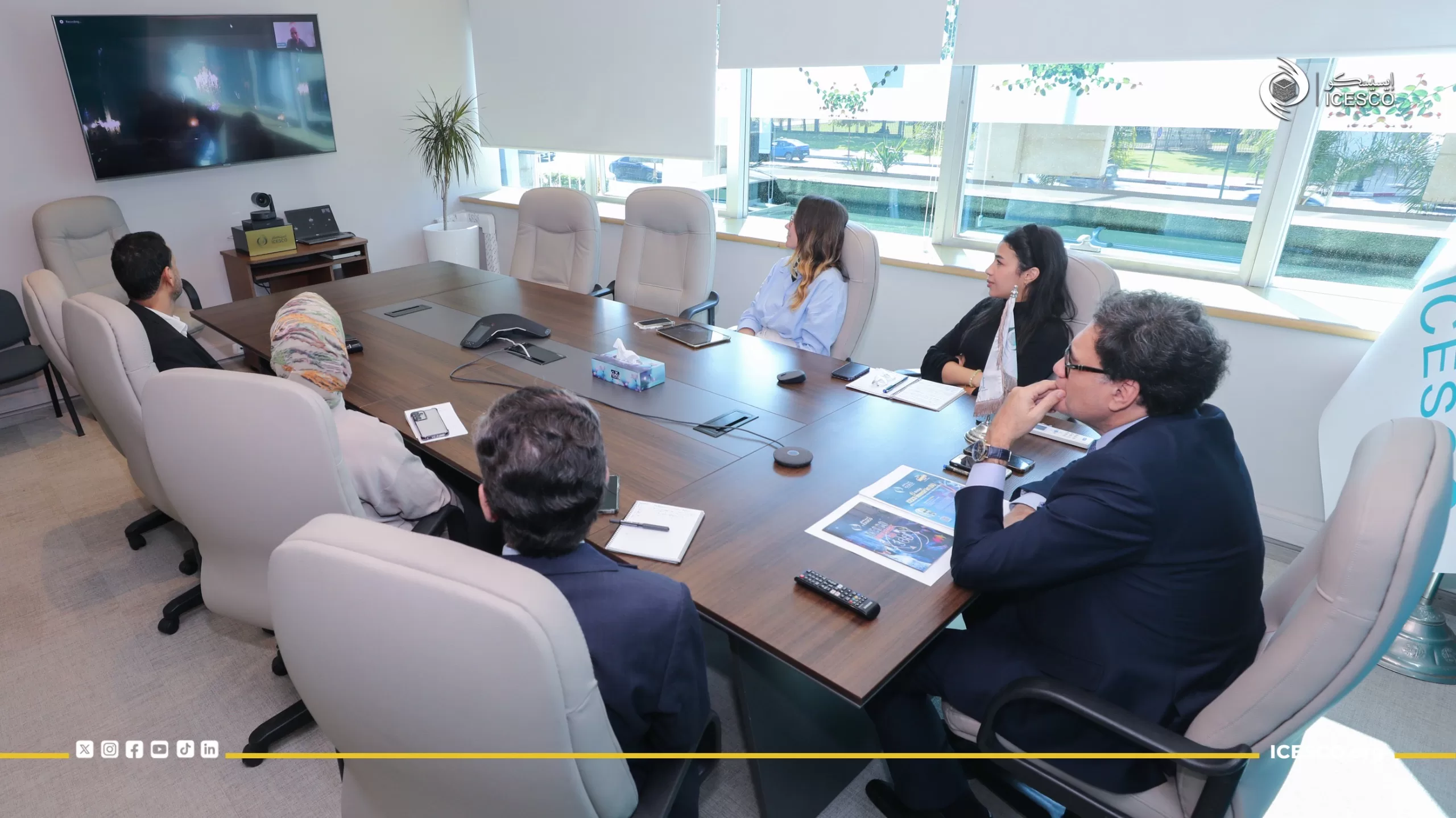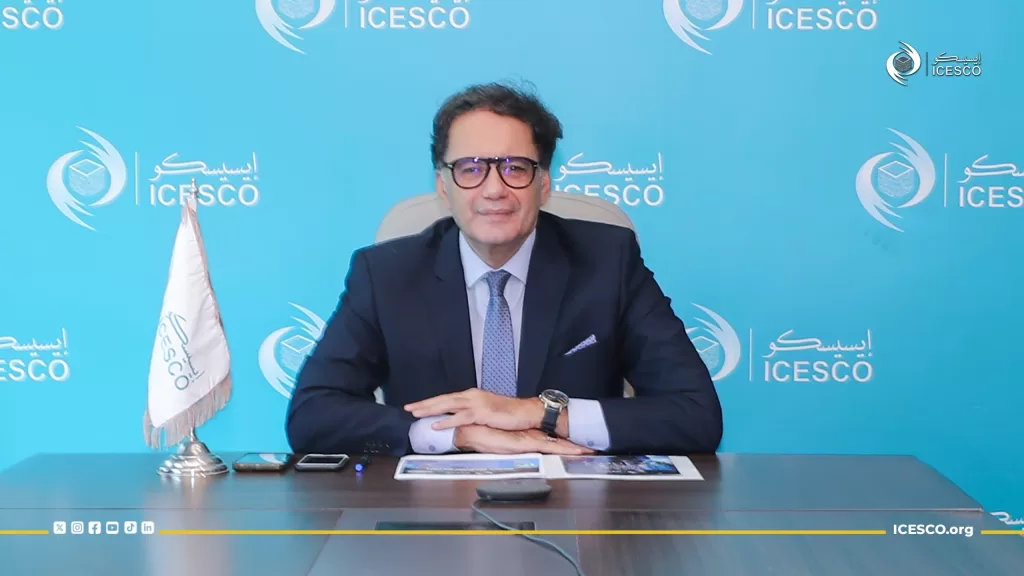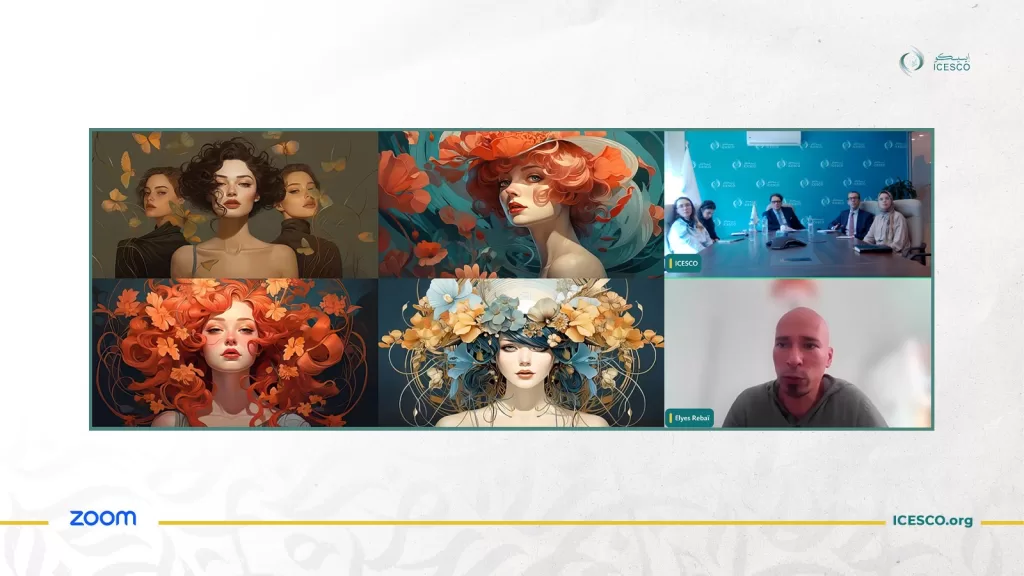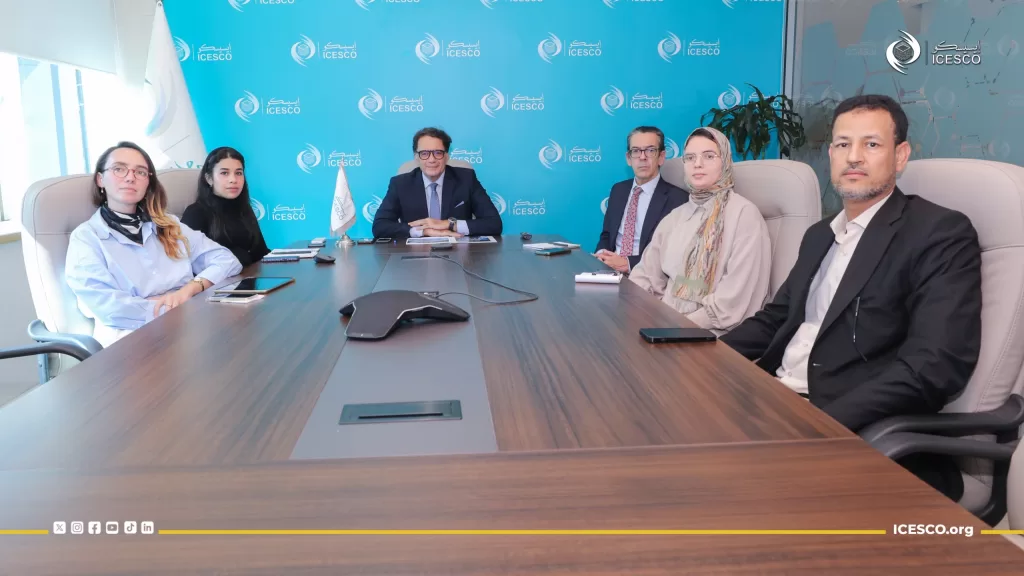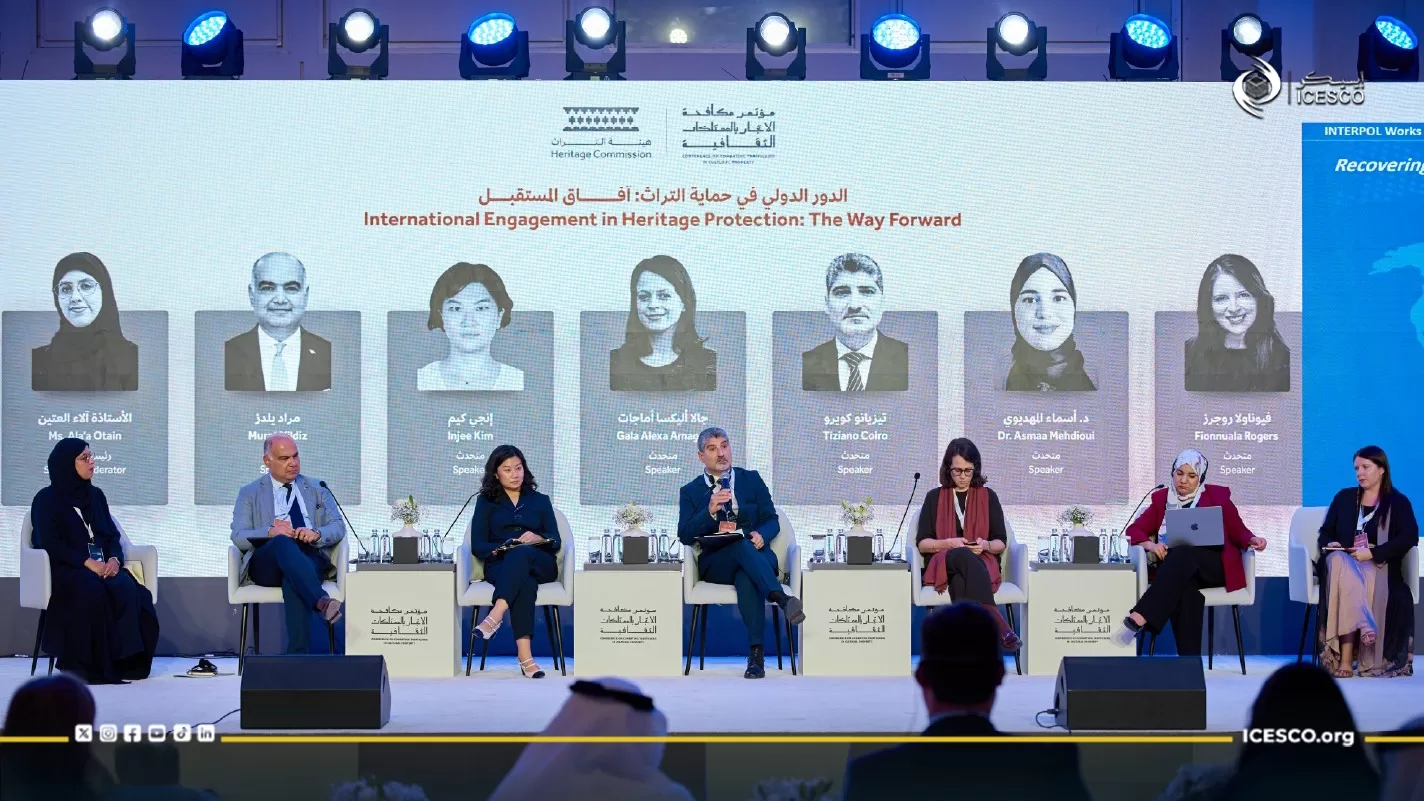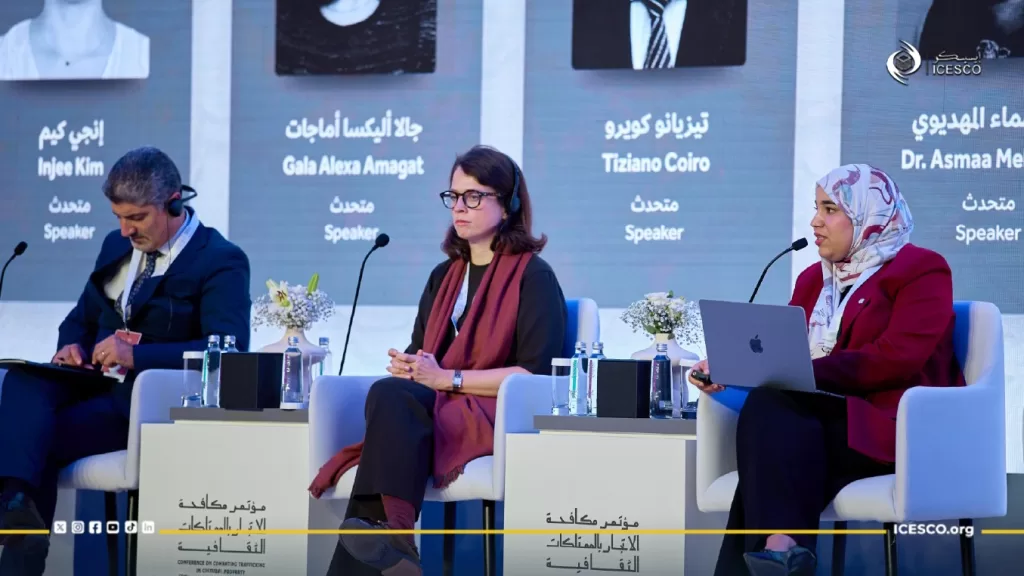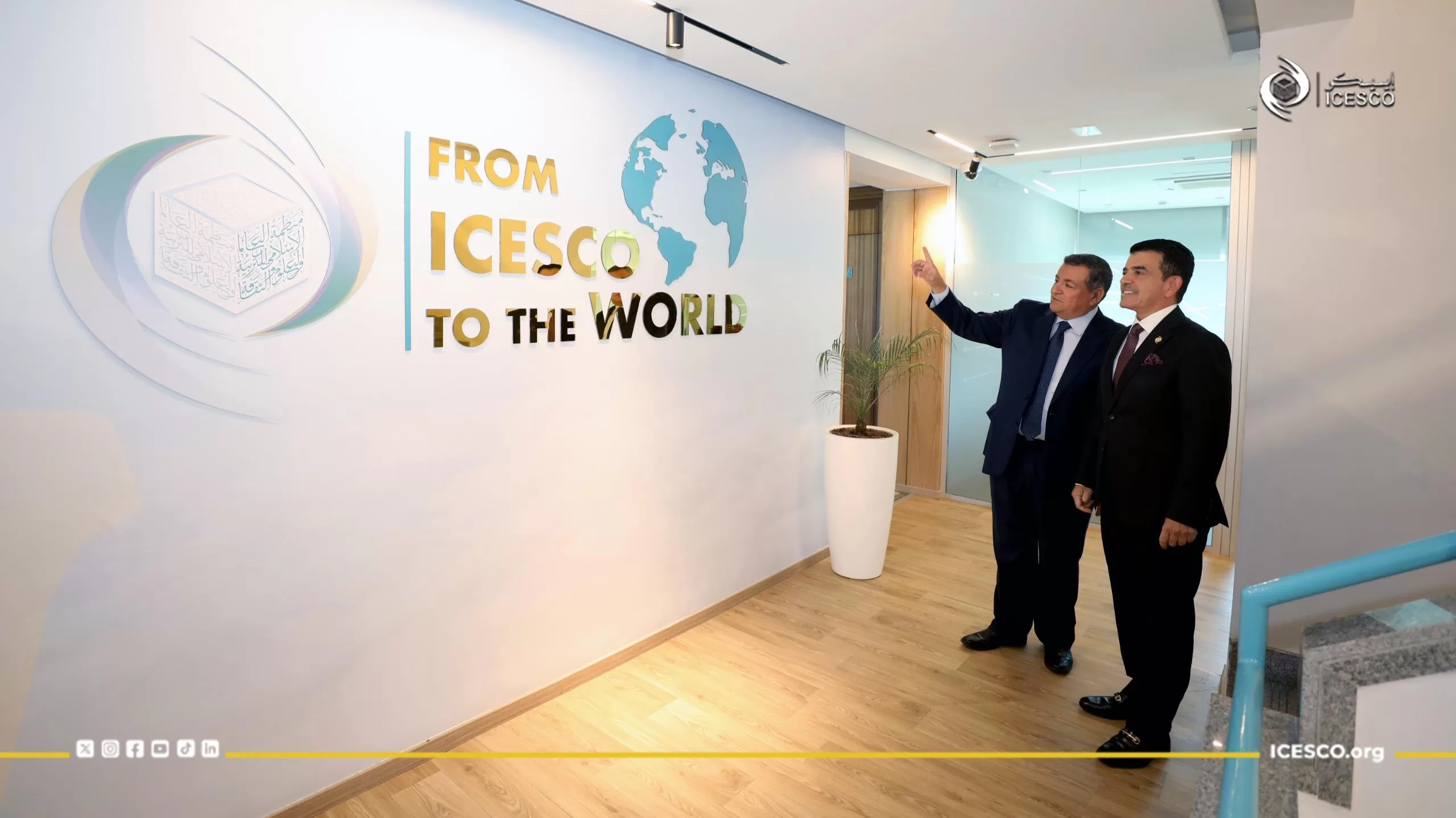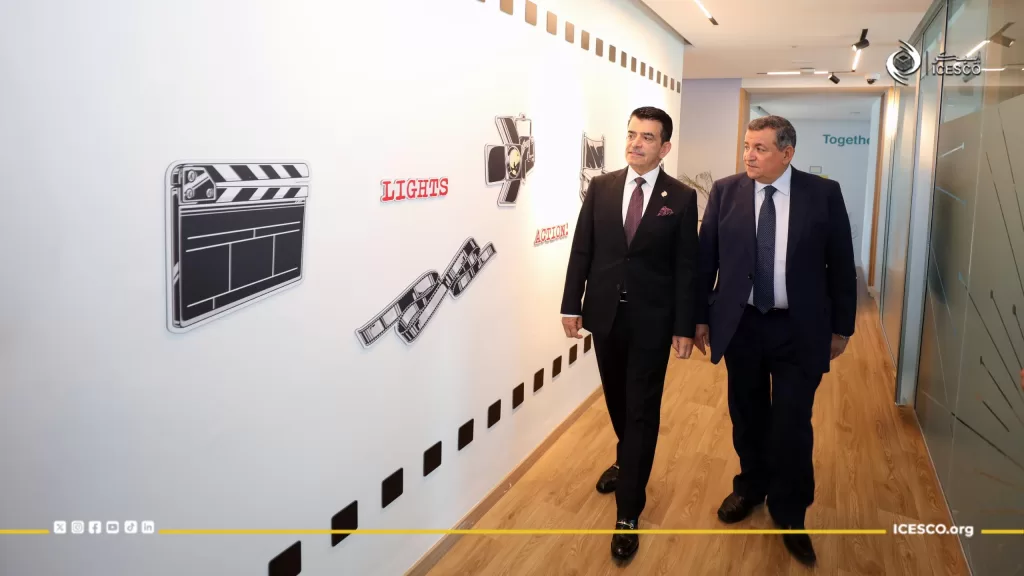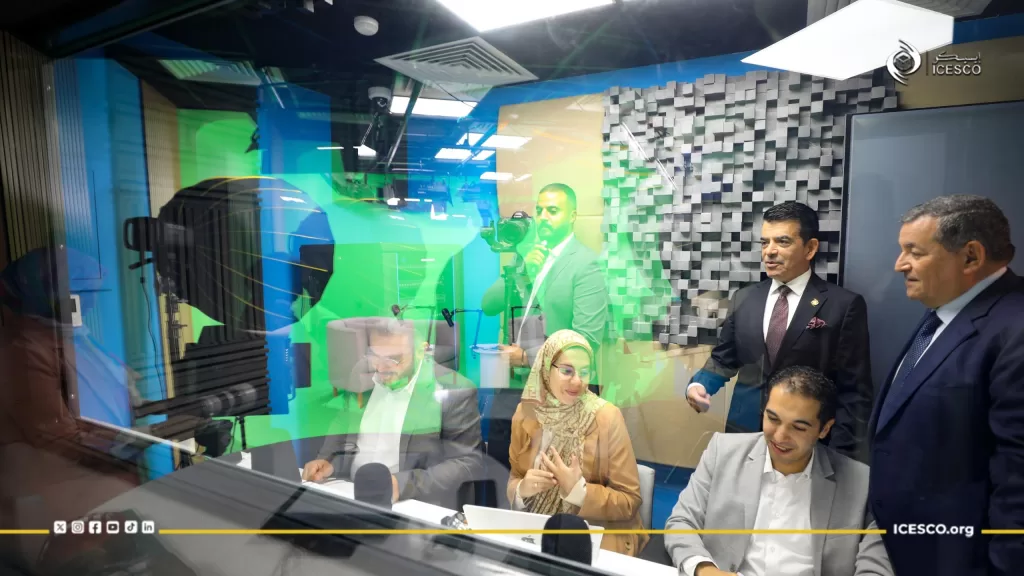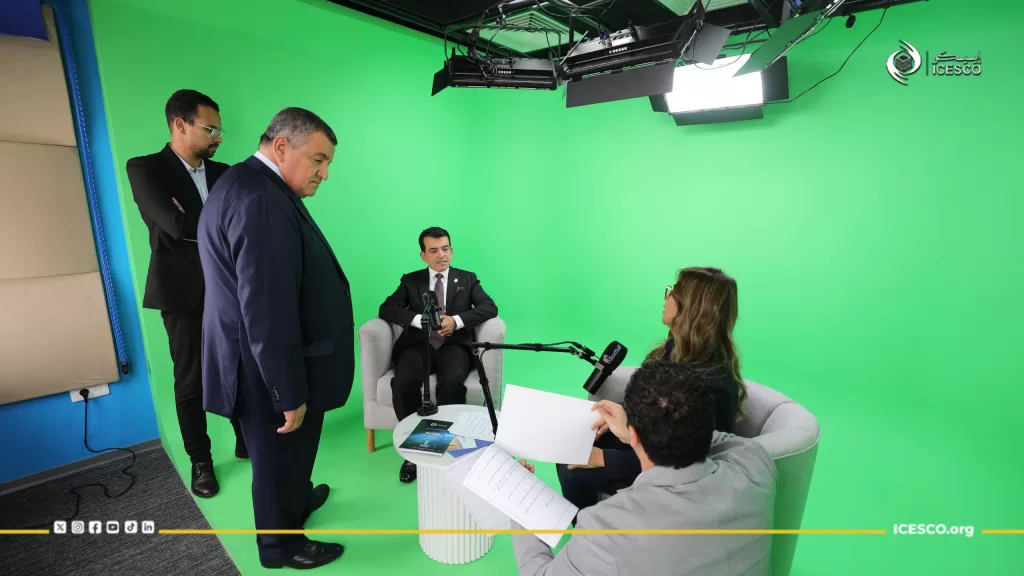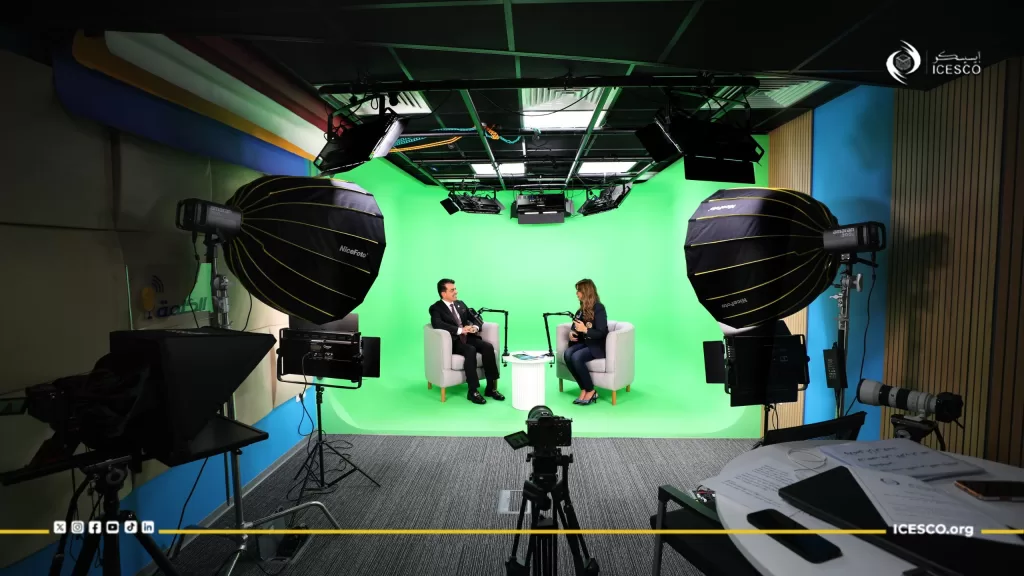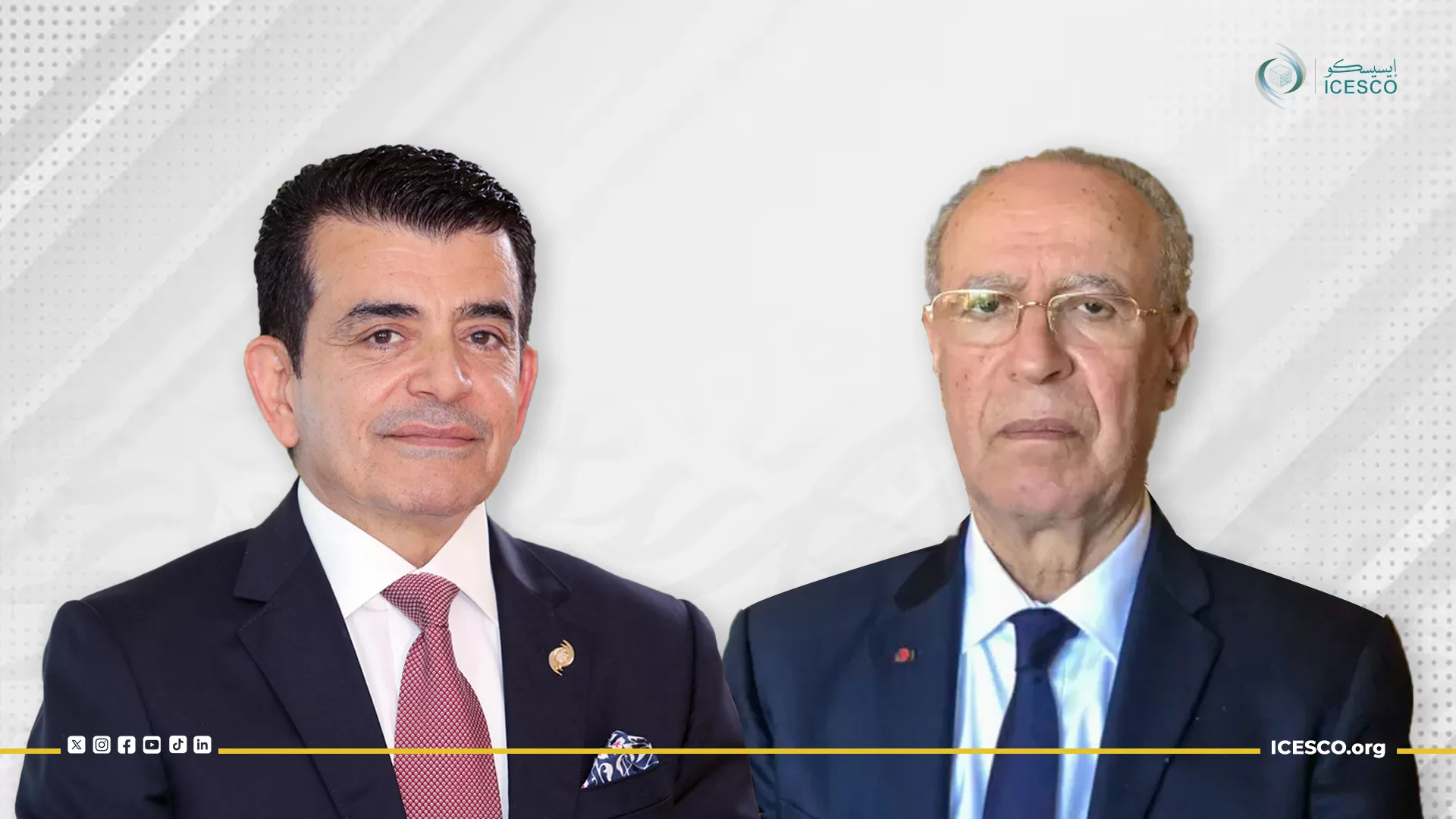The Islamic World Educational, Scientific and Cultural Organization (ICESCO) took part in the international conference on “Approaches to Understanding the Arabic Language and Islam in the Era of Globalization: Issues and Solutions,” held on Wednesday, 5 November 2025, by the International Islamic Academy of Uzbekistan, via videoconference, with the participation of several universities, international institutions, researchers, and specialists in the Arabic language and the culture of the Islamic world.
The Conference aimed to analyze the linguistic, intellectual, and methodological challenges related to understanding Islam in the age of globalization, as well as to promote academic dialogue among researchers on ways to develop Islamic discourse in new global contexts.
ICESCO was represented by Dr. Youssef Ismaili, an expert at the Center of Arabic for Non-Arabic Speakers, who spoke during the first session entitled “The Communicative Approach and Its Role in Teaching the Arabic Language and Understanding the Teachings of Islam.” He stressed the importance of adopting contemporary methods focused on developing learners’ linguistic and communication skills, particularly in non-Arabic-speaking countries, recalling that the Arabic language is an essential tool for understanding Islamic discourse and strengthening cultural, scientific, and economic exchanges between peoples.
Dr. Ismaili also reviewed the Organization’s efforts to promote the Arabic language through various programs and initiatives that take into account pedagogical and technological developments, anticipating the future of the language and helping to strengthen its status as a symbol of the cultural identity of the Islamic world.
